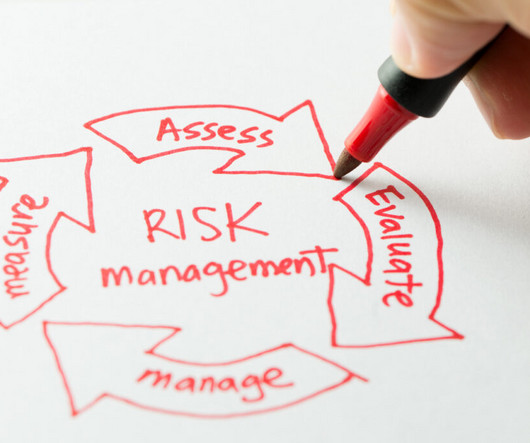HIPAA Disaster Recovery Planning
VISTA InfoSec
OCTOBER 20, 2023
However, ePHI is vulnerable to threats like cyber attacks and natural disasters, making disaster recovery planning (DRP) vital. Healthcare organizations must implement HIPAA-compliant DRPs to protect ePHI, ensuring continued operation during disasters. It’s not as complicated as it sounds!


















Let's personalize your content